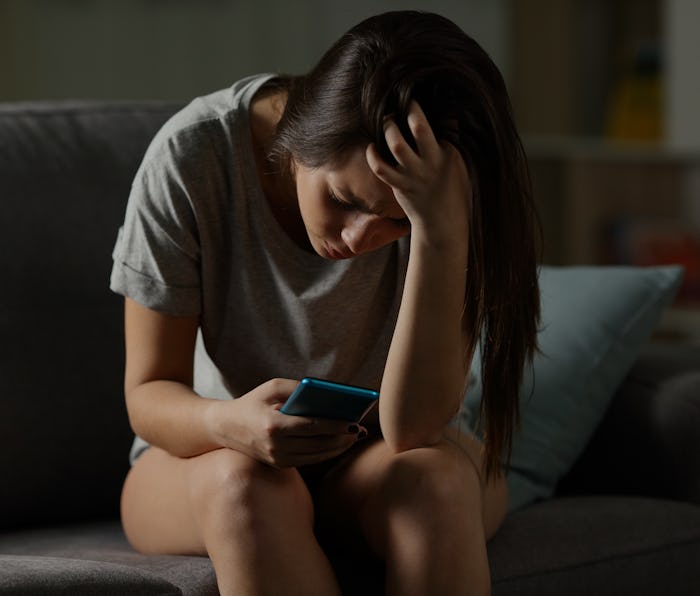Culture
No, this consent app won't solve sexual assault in Australia
Supporters of such apps forget that digital contracts for consent can easily be exploited, faked, and used to blackmail people.

An app for establishing sexual consent, proposed by the Australian New South Wales police department, has elicited criticism and backlash in the country, according to The BBC. The app would register an individual's consent for sexual activity in efforts to digitally document mutual agreement between parties.
The person pushing for this app, commissioner Mick Fuller, claims that a consent app would bring "positive consent" to the picture. In NSW, where below 10 percent of the reported 15,000 sexual assault cases led to police charges in 2020, local law enforcement is trying to address the issue by bringing in some tech-oriented ideas. But critics have slammed such faux solutions for the problem of sexual abuse again and again. Some even say that the consent app could be prime for surveilling private acts between people. Fuller, however, sounds adamant about the technology.
"You may have a son or a brother and you think this is too challenging but this app [...] protects everybody,” he said, according to The BBC. Fuller's rationale for wanting the app to go mainstream is that proving consent in court is difficult, as it is either verbal or much likelier to be expressed through nonverbal cues like body language. The commissioner's intentions sound noble, sure — after all, mitigating the possibility of sexual assault and violence is a worthy and urgent cause to fight for — but it turns something as delicate as consent into a legal contract that can, if it lands in the wrong hands, be used to exploit innocent people.
Missing the point by a mile — Jenny Leong, a Greens member of the Australian parliament, explained on Twitter how Fuller's suggested app would fail to address the issue of sexual assault and harassment. Social education that emphasizes men's responsibility to show respect and regard for women is a starting point, Leong urged.
An app like the one suggested by Fuller is merely a legal contract inside an app. Such an app, like any other app on Earth, can be hacked the moment its security is compromised, which happens all the time. It can also be used to blackmail people by using their documented consent against them. On top of that, the documentation of consent can also be faked easily.
Giving affirmative consent through your smartphone sounds like a helpful idea on the surface; these apps are supposed to encourage a safe culture of negotiation when it comes to sexual activity. But they're just apps at the end of the day. They're about UI, UX, and functionality. It will take a social awakening to rectify the problem. “We need consent law reform, we need holistic consent education, we need to stop men feeling they are entitled to whatever they want, we need an independent complaints process, we need justice. We need equality,” Leong tweeted. An app, Leong and many others have said, is not what people need.